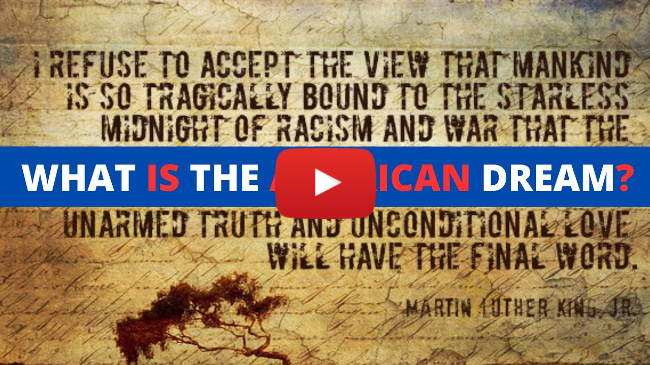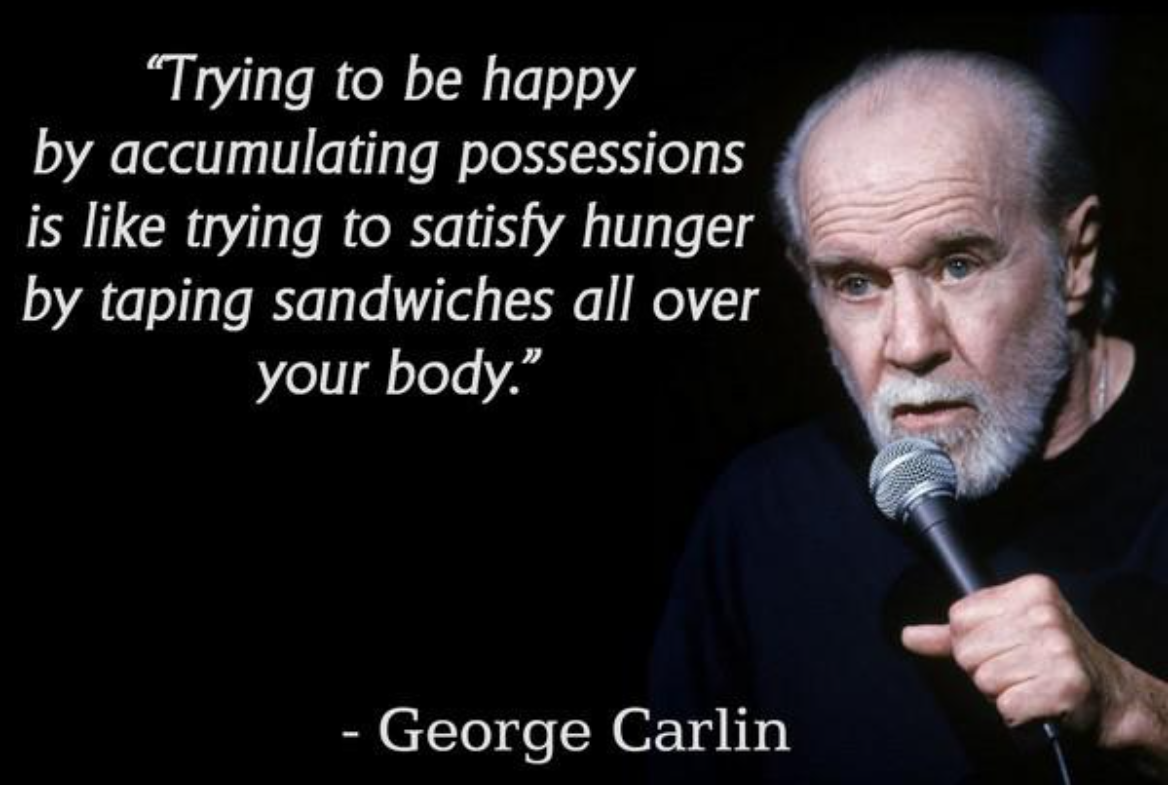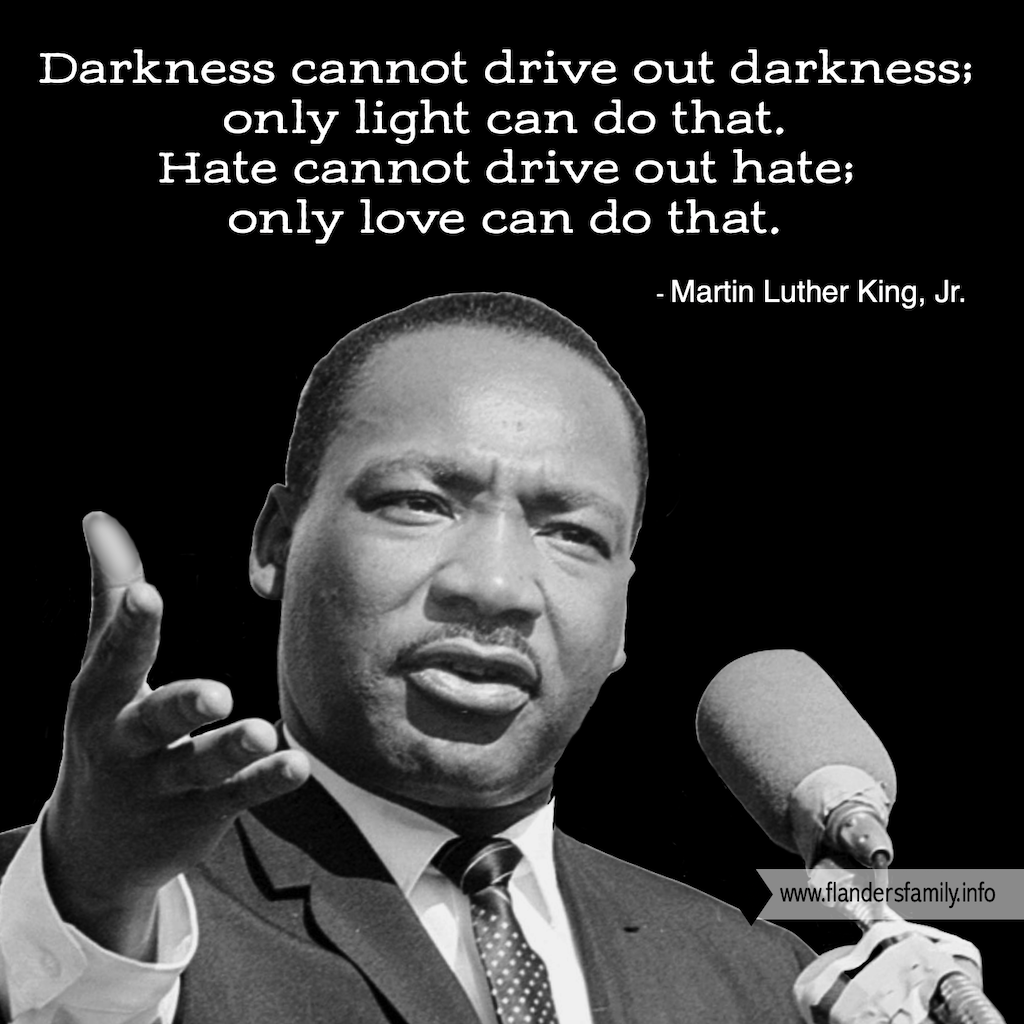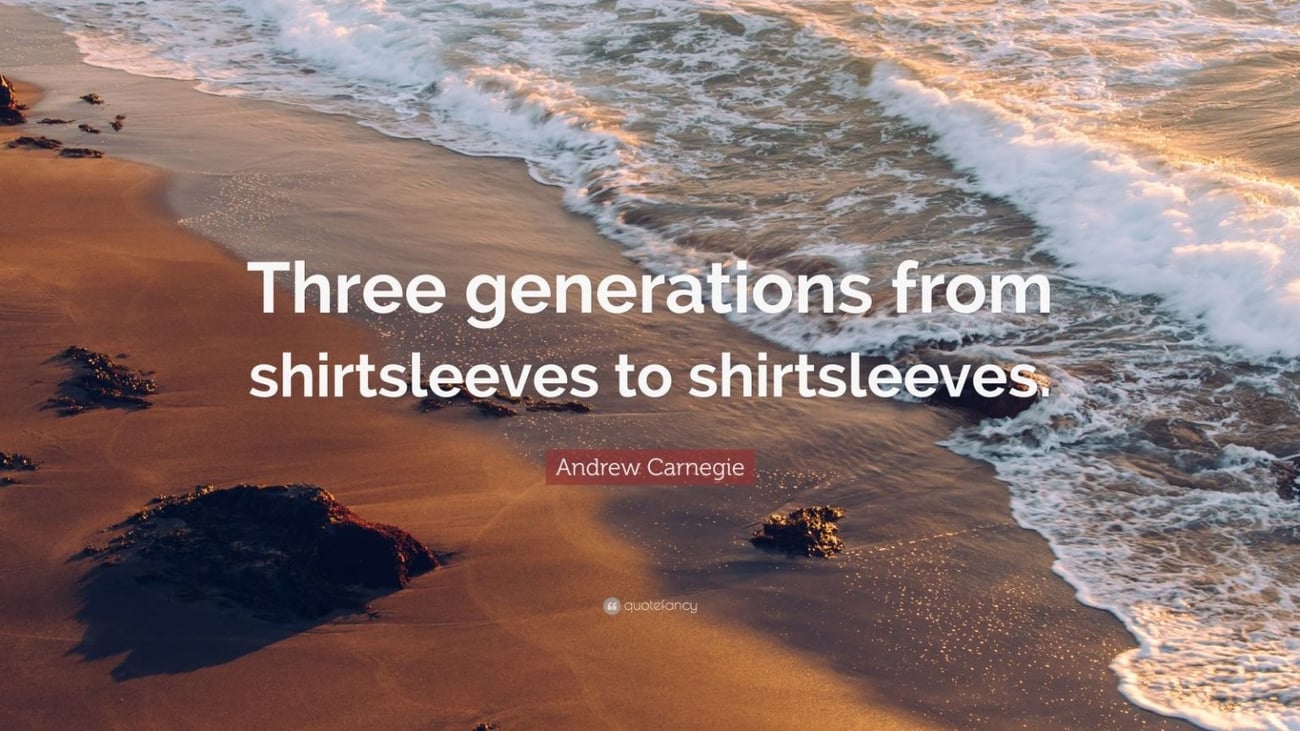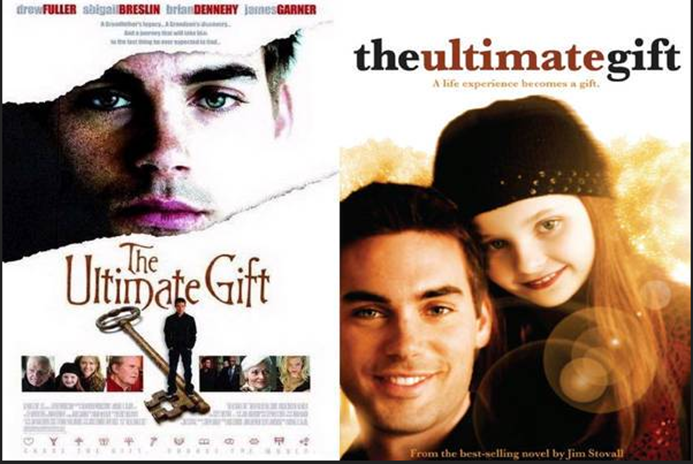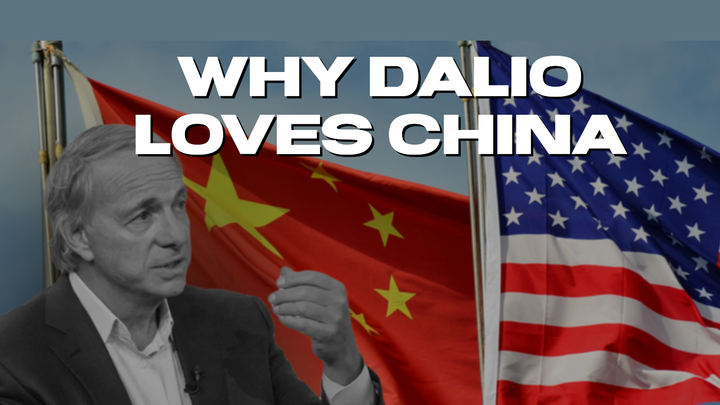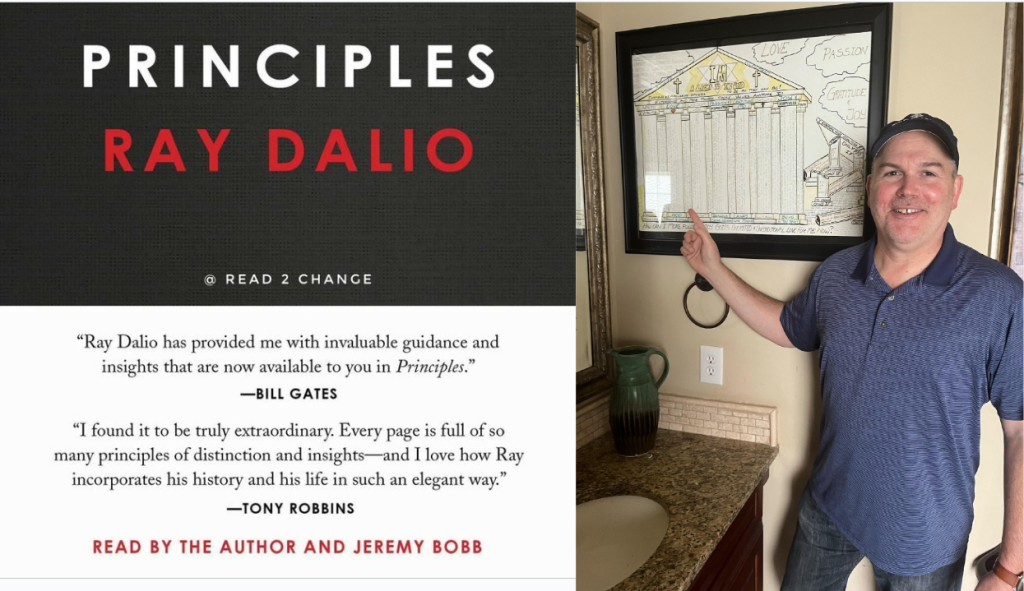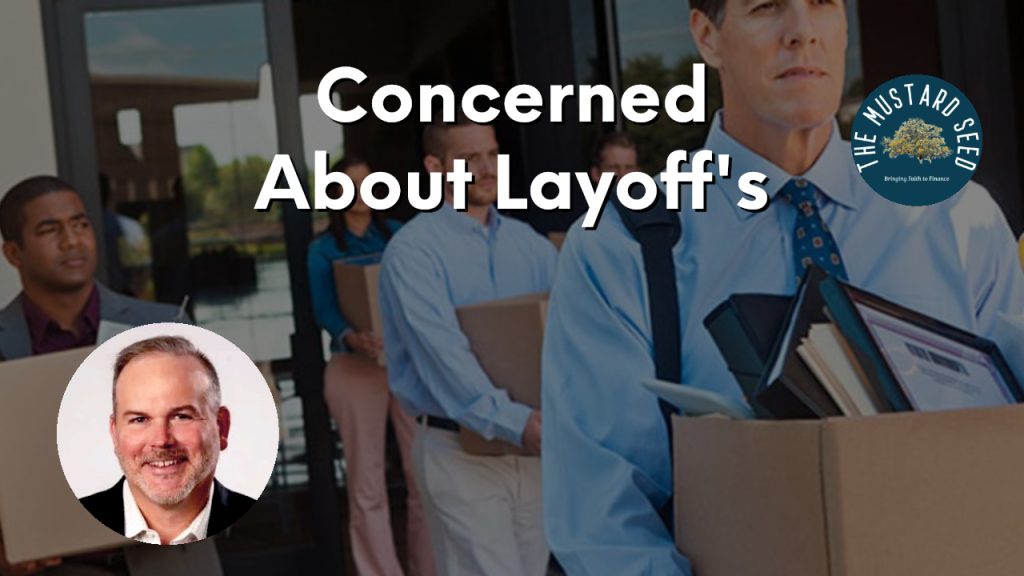What is the American Dream?
How Does This Relate to Wealth Transfer & Intergenerational / Charitable Planning?
“Fame and Fortune” or a Greater PurposeLast week Nick Silvin and I attended the Kingdom Advisors Conference in Orlando Florida. It was an uplifting and insightful experience. We heard from many financial, economic, and spiritual thought leaders during the week, but one message that stood out especially for me was Kelly Minter’s testimony. Kelly is an author, podcaster and recording artist from Nashville Tennessee. She shared with us how she had been invited to a gala in London a few years back and met a recording executive who invited her on a trip in the Amazonian jungle. She had never thought about visiting the jungles in Brazil before but took the leap. She shared how this changed her life and she has not been the same since. She has been back to the jungle every year since and noted how visiting with the natives in the Amazon has changed her perspective and helps to ground her, discover her purpose, and find joy in simple things. She contrasted these simple joys and the hope she brings the Amazonian children to what she comes back to in the United States. When she mentioned the “American Dream” in contrast to her work in the jungles of Brazil, something didn’t sit right with me, however. When did the “American Dream” morph into becoming “Rich and Famous” and accumulating possessions. Ever since I an remember, the “American Dream” meant “Freedom and Opportunity to Achieve Your Dreams” more than anything else. We hear this “Rich and Famous – American Dream” message emanating from commercials, the Forbes 400, TV evangelists and influencers on social media. Maybe I am more of a purist, or maybe I’m just a better student of history. Maybe I thought there were more that still felt how I did about “American Dream”. |
|
|
| I remember studying in school how early settlers of the United States came here to escape religious persecution. Others later migrated here to wipe out their debts or escape famine. Later we fought the revolutionary war to escape the tyranny of the British crown. But the person who I believe expressed the “American Dream” best was Martin Luther King Jr., and it was only 60 years ago in August of 1963.
Dr. King in his “I have a Dream” address was truly inspiring and spoke with authority. These sentiments resonate strongly with me: “When the architects of our republic wrote the magnificent words of the Constitution and the Declaration of Independence, they were signing a promissory note to which every American was to fall heir. This note was a promise that all men — yes, Black men as well as white men — would be guaranteed the unalienable rights of life, liberty and the pursuit of happiness. But there is something that I must say to my people who stand on the warm threshold which leads into the palace of justice. In the process of gaining our rightful place, we must not be guilty of wrongful deeds. Let us not seek to satisfy our thirst for freedom by drinking from the cup of bitterness and hatred. We must forever conduct our struggle on the high plane of dignity and discipline. We must not allow our creative protest to degenerate into physical violence. Again and again, we must rise to the majestic heights of meeting physical force with soul force. The marvelous new militancy which has engulfed the Negro community must not lead us to a distrust of all white people, for many of our white brothers, as evidenced by their presence here today, have come to realize that their destiny is tied up with our destiny. And they have come to realize that their freedom is inextricably bound to our freedom. We cannot walk alone. And as we walk, we must make the pledge that we shall always march ahead. We cannot turn back. |
|
|
| So even though we face the difficulties of today and tomorrow, I still have a dream. It is a dream deeply rooted in the American dream. I have a dream that one day this nation will rise up and live out the true meaning of its creed: We hold these truths to be self-evident, that all men are created equal.
I have a dream that one day on the red hills of Georgia, the sons of former slaves and the sons of former slave owners will be able to sit down together at the table of brotherhood. I have a dream that one day even the state of Mississippi, a state sweltering with the heat of injustice, sweltering with the heat of oppression will be transformed into an oasis of freedom and justice. I have a dream that my four little children will one day live in a nation where they will not be judged by the color of their skin but by the content of their character. I have a dream today. I have a dream that one day down in Alabama with its vicious racists, with its governor having his lips dripping with the words of interposition and nullification, one day right down in Alabama little Black boys and Black girls will be able to join hands with little white boys and white girls as sisters and brothers. I have a dream today. I have a dream that one day every valley shall be exalted, every hill and mountain shall be made low, the rough places will be made plain, and the crooked places will be made straight, and the glory of the Lord shall be revealed, and all flesh shall see it together. This is our hope. This is the faith that I go back to the South with. With this faith, we will be able to hew out of the mountain of despair a stone of hope. With this faith we will be able to transform the jangling discords of our nation into a beautiful symphony of brotherhood. With this faith we will be able to work together, to pray together, to struggle together, to go to jail together, to stand up for freedom together, knowing that we will be free one day. This will be the day when all of God’s children will be able to sing with new meaning: My country, ’tis of thee, sweet land of liberty, of thee I sing. Land where my fathers died, land of the pilgrims’ pride, from every mountainside, let freedom ring. And if America is to be a great nation, this must become true. And so let freedom ring from the prodigious hilltops of New Hampshire. Let freedom ring from the mighty mountains of New York. Let freedom ring from the heightening Alleghenies of Pennsylvania. Let freedom ring from the snowcapped Rockies of Colorado. Let freedom ring from the curvaceous slopes of California. But not only that, let freedom ring from Stone Mountain of Georgia. Let freedom ring from Lookout Mountain of Tennessee. Let freedom ring from every hill and molehill of Mississippi. From every mountainside, let freedom ring. And when this happens, and when we allow freedom ring, when we let it ring from every village and every hamlet, from every state and every city, we will be able to speed up that day when all of God’s children, Black men and white men, Jews and Gentiles, Protestants and Catholics, will be able to join hands and sing in the words of the old Negro spiritual: Free at last. Free at last. Thank God almighty, we are free at last.” |
|
|
When the average American cannot even remember one maiden name out of their four great-grandmothers, what does this mean when we consider:
|
|
|
What Is the Ultimate Gift?“The Ultimate Gift” book and movie are great examples of how to teach the next generation to steward wealth. The problem I see is that the protagonist is only taught how to steward what he inherits from his uncle after his uncle passes away. Why not teach the next generations how to steward wealth now? Why not take time to go over values, goals, and priorities now? Why not educate them about tax law, investment principles and strategies now? We cannot control the next generation beyond the grave, no matter how hard we try. Efforts to control and restrict options through instructions to trustees and executors inevitably fail either because of changing investment conditions, changing laws, or changing dynamics with those placed in charge. If we prepare the next generation well, why would we feel the need to control them? If we prepare them well, is it possible they may be even better prepared than we are to eventually steward this inherited wealth |
|
|
|
Forbes Recognized Joe Franklin as one of the Top Advisors in Tennessee |
|
|

